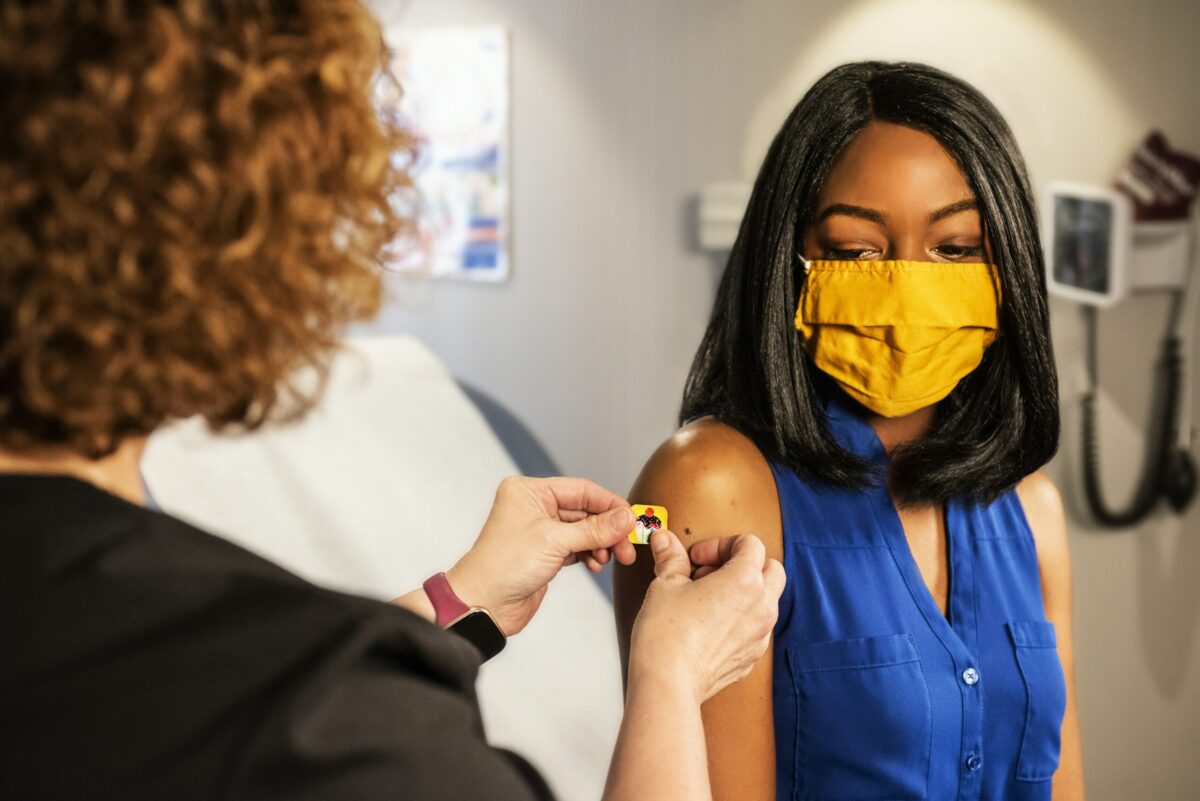The new KP.2 subvariant shows an amazing ability to evade immunity, and will likely spur on a summer surge of COVID-19 infections.
“This is one of the more aggressive versions of the virus that we have ever seen,” said virologist Dr. Benjamin Neuman, professor of biology at Texas A&M University. “This is at the top of the scale in terms of immune resistance, which means that it will almost certainly be able to infect people, even if they have been recently vaccinated,” he said.
A recent vaccination still remains the best way to not die from COVID-19, said Neuman.
FLiRT Subvariant
As of May 1, hospitals are no longer mandated to report COVID-19 hospitalizations.
KP.2 comes from the FLiRT family of the Omicron variant, and currently accounts for about one-third of COVID infections, according to data from the Centers for Disease Control and Prevention. Symptoms are similar to infections from other subvariants: runny nose, sore throat, headache, fevers, cough and body aches. The CDC has dropped its recommendation of isolating for five days, advising instead to stay home until the fever has passed
Vaccines have not kept pace with the rapid evolution of COVID-19 variants and sub-variants, said Neuman, speaking at an Ethnic Media Services news briefing May 24. The Food and Drug Administration was scheduled to last week to discuss KP.2, but has postponed its meeting until July to determine which subvariants on which to base a new vaccine, which will be rolled out in September.
Out of Date Test Kits
The virologist said his preference is for a twice a year vaccine boost. “This would do a lot to prevent infections. However, that does not appear to be the path that they are taking right now. It appears to be a once annual vaccination, in the back to school and winter season.”
“When we know that this is a virus that occurs sporadically, and peaks at different times throughout the year, every year. It’s essentially unpredictable. We’re treating COVID as if it were flu, even though it’s very much not,” stated Neuman.
Home test kits may not be as effective at diagnosing an infection, because they are developed for older subvariants. However, said Neuman, they will still work. “They are likely out of date. And so that means that they may miss some of the time. But the tests work based on detecting parts of the virus that have not been changing very much in the recent evolution. So in theory, they would still work effectively.”
Summer Surge
Dr. Peter Chin-Hong, professor of Medicine and director of the immuno-compromised host infectious diseases program at the University of California, San Francisco, said he expects to see a surge of COVID infections this summer.
“As more people get infected with the new variants, it will just be easier to get in a more vulnerable state. And because of the low vaccination rate and low uptake of Paxlovid, I’m worried that we’ll get a swell in hospitalizations,” said Chin-Hong, who joined Neuman at the May 24 EMS news briefing. The US has experienced four consecutive summers of COVID surges: as temperatures get warmer, people tend to gather indoors, largely without masks.
Get Vaccinated
Chin-Hong predicted that the surge would not cripple hospitals, as it has in previous years. He noted that the surge would come in earlier this year, based on wastewater analysis.
“We need to encourage particularly those who are vulnerable and especially if they didn’t get a vaccine last year to please go ahead and get it. And if you don’t want to get a vaccine, make sure you know how to get access to early therapy if you get COVID,” said Chin-Hong.
He encouraged people to continue wearing masks, noting that masks are useful for any illness that’s respiratory spread.
“Emerging threats will continue our lifetimes. And we have to keep our efforts laser focused on protecting all parts of our society, especially the vulnerable,” said Chin-Hong.













